The Stranger pdf epub mobi txt 电子书 下载 2024
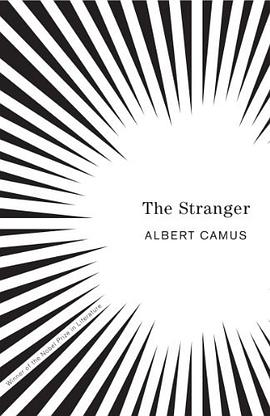
简体网页||繁体网页
图书标签: AlbertCamus 小说 哲学 法国 英文原版 外国文学 文学 英文
喜欢 The Stranger 的读者还喜欢
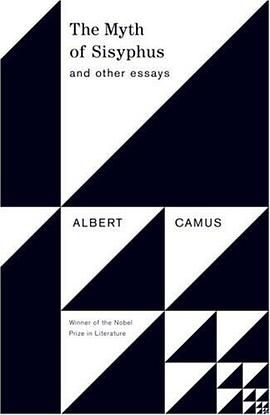 The Myth of Sisyphus pdf epub mobi txt 电子书 下载
The Myth of Sisyphus pdf epub mobi txt 电子书 下载 The Plague pdf epub mobi txt 电子书 下载
The Plague pdf epub mobi txt 电子书 下载 The Fall pdf epub mobi txt 电子书 下载
The Fall pdf epub mobi txt 电子书 下载 The Unbearable Lightness of Being pdf epub mobi txt 电子书 下载
The Unbearable Lightness of Being pdf epub mobi txt 电子书 下载 Notes from Underground pdf epub mobi txt 电子书 下载
Notes from Underground pdf epub mobi txt 电子书 下载 The Brothers Karamazov pdf epub mobi txt 电子书 下载
The Brothers Karamazov pdf epub mobi txt 电子书 下载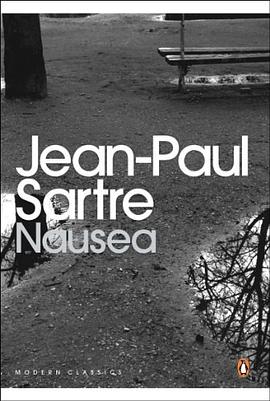 Nausea pdf epub mobi txt 电子书 下载
Nausea pdf epub mobi txt 电子书 下载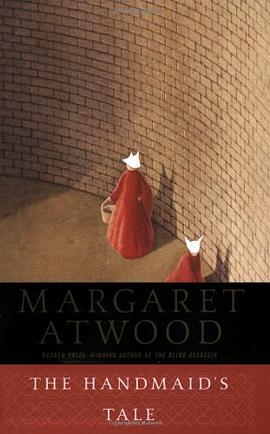 The Handmaid's Tale pdf epub mobi txt 电子书 下载
The Handmaid's Tale pdf epub mobi txt 电子书 下载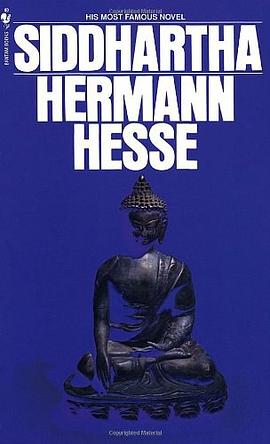 Siddhartha pdf epub mobi txt 电子书 下载
Siddhartha pdf epub mobi txt 电子书 下载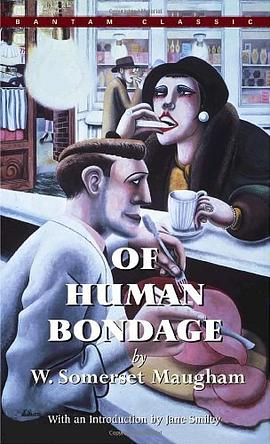 Of Human Bondage pdf epub mobi txt 电子书 下载
Of Human Bondage pdf epub mobi txt 电子书 下载
点击这里下载
发表于2024-06-16
The Stranger epub 下载 mobi 下载 pdf 下载 txt 电子书 下载 2024
The Stranger epub 下载 mobi 下载 pdf 下载 txt 电子书 下载 2024
The Stranger pdf epub mobi txt 电子书 下载 2024
图书描述
The Stranger is not merely one of the most widely read novels of the 20th century, but one of the books likely to outlive it. Written in 1946, Camus's compelling and troubling tale of a disaffected, apparently amoral young man has earned a durable popularity (and remains a staple of U.S. high school literature courses) in part because it reveals so vividly the anxieties of its time. Alienation, the fear of anonymity, spiritual doubt--all could have been given a purely modern inflection in the hands of a lesser talent than Camus, who won the Nobel Prize in 1957 and was noted for his existentialist aesthetic. The remarkable trick of The Stranger, however, is that it's not mired in period philosophy.
The plot is simple. A young Algerian, Meursault, afflicted with a sort of aimless inertia, becomes embroiled in the petty intrigues of a local pimp and, somewhat inexplicably, ends up killing a man. Once he's imprisoned and eventually brought to trial, his crime, it becomes apparent, is not so much the arguably defensible murder he has committed as it is his deficient character. The trial's proceedings are absurd, a parsing of incidental trivialities--that Meursault, for instance, seemed unmoved by his own mother's death and then attended a comic movie the evening after her funeral are two ostensibly damning facts--so that the eventual sentence the jury issues is both ridiculous and inevitable.
Meursault remains a cipher nearly to the story's end--dispassionate, clinical, disengaged from his own emotions. "She wanted to know if I loved her," he says of his girlfriend. "I answered the same way I had the last time, that it didn't mean anything but that I probably didn't." There's a latent ominousness in such observations, a sense that devotion is nothing more than self-delusion. It's undoubtedly true that Meursault exhibits an extreme of resignation; however, his confrontation with "the gentle indifference of the world" remains as compelling as it was when Camus first recounted it. --Ben Guterson
From Library Journal
The new translation of Camus's classic is a cultural event; the translation of Cocteau's diary is a literary event. Both translations are superb, but Ward's will affect a naturalized narrative, while Browner's will strengthen Cocteau's reemerging critical standing. Since 1946 untold thousands of American students have read a broadly interpretative, albeit beautifully crafted British Stranger . Such readers have closed Part I on "door of undoing" and Part II on "howls of execration." Now with the domestications pruned away from the text, students will be as close to the original as another language will allow: "door of unhappiness" and "cries of hate." Browner has no need to "write-over" another translation. With Cocteau's reputation chiefly as a cineaste until recently, he has been read in French or not at all. Further, the essay puts a translator under less pressure to normalize for readers' expectations. Both translations show the current trend to stay closer to the original. Marilyn Gaddis Rose, SUNY at Binghamton
Copyright 1988 Reed Business Information, Inc. --This text refers to the Hardcover edition.
Review
“The Stranger is a strikingly modern text and Matthew Ward’s translation will enable readers to appreciate why Camus’s stoical anti-hero and devious narrator remains one of the key expressions of a postwar Western malaise, and one of the cleverest exponents of a literature of ambiguity.” –from the Introduction by Peter Dunwoodie
From the Hardcover edition.
Description
Through the story of an ordinary man unwittingly drawn into a senseless murder on an Algerian beach, Camus explored what he termed "the nakedness of man faced with the absurd." First published in 1946; now in a new translation by Matthew Ward.
Language Notes
Text: English (translation)
Original Language: French
From the Inside Flap
Through the story of an ordinary man unwittingly drawn into a senseless murder on an Algerian beach, Camus explored what he termed "the nakedness of man faced with the absurd." First published in 1946; now in a new translation by Matthew Ward.
著者简介
Born in Algeria in 1913, Albert Camus published The Stranger–now one of the most widely read novels of this century–in 1942. Celebrated in intellectual circles, Camus was awarded the Nobel Prize for Literature in 1957. On January 4, 1960, he was killed in a car accident.
图书目录
The Stranger pdf epub mobi txt 电子书 下载
用户评价
看不懂就对了,因为它得了诺奖。是否出了中译本?
评分毕业回国的飞机上读的。十二个小时的飞机一大半都在哭,哭累了看,看累了睡,睡醒了哭。I knew that a part of me had died.
评分船长问我 你会想念什么 我说 也许就是这种异乡人的感觉吧
评分半夜看完了第一章,好适合又困又丧的时候看的书啊。就是那种特别疲乏的感觉,僵硬的语句,对世界的抽离感,规则和生理上感受的违背。真的超级丧。好多事情在主角眼中都是doesn’t matter,但是社会作出很多联想并且帮他define了他是什么样的人,就好像一个巨型游戏,每个人都要follow rules。之后在court上有种强烈的抽离感,my fate is decided without anyone so much as asking my opinions,最后在监狱里沉思用了machinery这个词真的好精准!但是说实话这个主角自己也太不争取了,communication难道不是你的job to convey your ideas?其实读的时候并不是很enjoy。#二刷
评分仔细想想国人并没有丧的传统,所以翻译《人间失格》或者《局外人》的时候,字里行间都在“强说愁”,大概可以形容之为“尬丧”。英译本就完全不同,不需要太多形容词,只需单纯平淡叙事就能窥见主人公性情,顺畅得很。
读后感
你有没有尝试过从悬崖绝壁的顶端往下跳? 应该没有。 为什么? 因为你会死。我也会,所有人都会。 答案既简单又神秘深奥。在我们同狩猎采集为生的祖先分道扬镳的几千年里,许多人在不停地探索这些自然科学的奥秘。这些奥秘与自然界的客观规律有关。值得庆幸的是,从牛顿力学到...
评分重读加缪的《局外人》,我印象最深的是主人公默尔索的这一句:「人生在世,永远也不该演戏作假。」可以说这正是他人生哲学的根基,也是他的悲剧根源。 《局外人》的情节很简单,主人公默尔索是一个对生活各方面都抱有「无所谓」态度的人,一次无意的杀人让他上了法庭,最终被判...
评分 评分1、加缪生于1913年,法国人,存在主义哲学家、文学家,1957年也就是他44岁的时候获得诺贝尔文学奖,这是迄今为止法国最年轻的诺贝尔文学奖得主,一般都是一些德高望重的老头子得奖,有的快要入土了,有的卧病在床,只能请人代领奖金,这是我见到的唯一一位在四十多岁就问鼎这个...
评分The Stranger pdf epub mobi txt 电子书 下载 2024
分享链接
相关图书
 阳光与阴影的交织 pdf epub mobi txt 电子书 下载
阳光与阴影的交织 pdf epub mobi txt 电子书 下载 The Plague pdf epub mobi txt 电子书 下载
The Plague pdf epub mobi txt 电子书 下载 鼠疫•局外人 pdf epub mobi txt 电子书 下载
鼠疫•局外人 pdf epub mobi txt 电子书 下载 第一个人 pdf epub mobi txt 电子书 下载
第一个人 pdf epub mobi txt 电子书 下载 修女安魂曲 pdf epub mobi txt 电子书 下载
修女安魂曲 pdf epub mobi txt 电子书 下载 卡繆札記II 1942-1951 pdf epub mobi txt 电子书 下载
卡繆札記II 1942-1951 pdf epub mobi txt 电子书 下载 The Fall pdf epub mobi txt 电子书 下载
The Fall pdf epub mobi txt 电子书 下载 荒谬之外 pdf epub mobi txt 电子书 下载
荒谬之外 pdf epub mobi txt 电子书 下载 局外人 pdf epub mobi txt 电子书 下载
局外人 pdf epub mobi txt 电子书 下载 异乡人 pdf epub mobi txt 电子书 下载
异乡人 pdf epub mobi txt 电子书 下载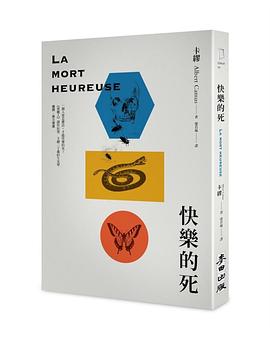 快樂的死 pdf epub mobi txt 电子书 下载
快樂的死 pdf epub mobi txt 电子书 下载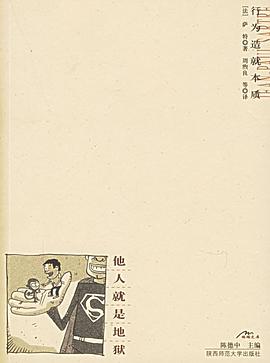 “蝙蝠”文库系列丛书(4种) pdf epub mobi txt 电子书 下载
“蝙蝠”文库系列丛书(4种) pdf epub mobi txt 电子书 下载 局外人 pdf epub mobi txt 电子书 下载
局外人 pdf epub mobi txt 电子书 下载 鼠疫 pdf epub mobi txt 电子书 下载
鼠疫 pdf epub mobi txt 电子书 下载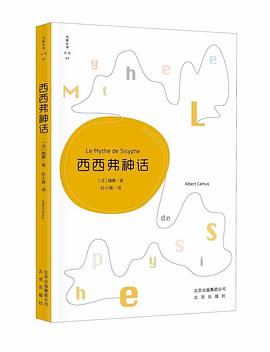 西西弗神话/大家小书译馆 pdf epub mobi txt 电子书 下载
西西弗神话/大家小书译馆 pdf epub mobi txt 电子书 下载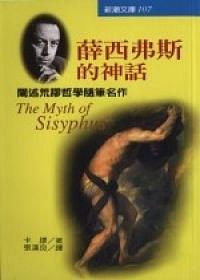 薛西弗斯的神話 pdf epub mobi txt 电子书 下载
薛西弗斯的神話 pdf epub mobi txt 电子书 下载 加缪中短篇小说集 pdf epub mobi txt 电子书 下载
加缪中短篇小说集 pdf epub mobi txt 电子书 下载 鼠疫 pdf epub mobi txt 电子书 下载
鼠疫 pdf epub mobi txt 电子书 下载 瘟疫 pdf epub mobi txt 电子书 下载
瘟疫 pdf epub mobi txt 电子书 下载 局外人 pdf epub mobi txt 电子书 下载
局外人 pdf epub mobi txt 电子书 下载



